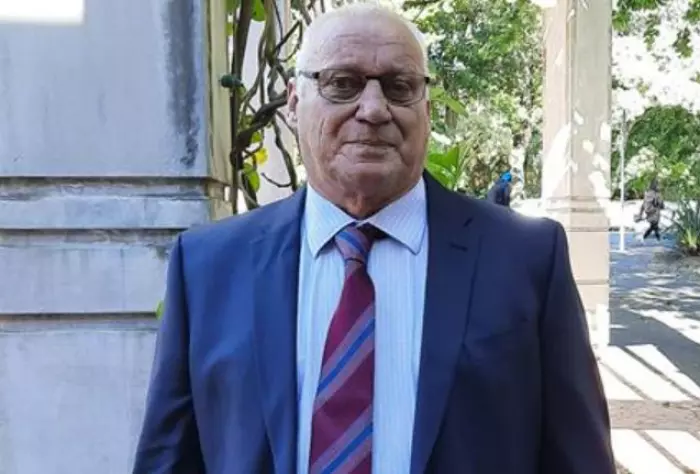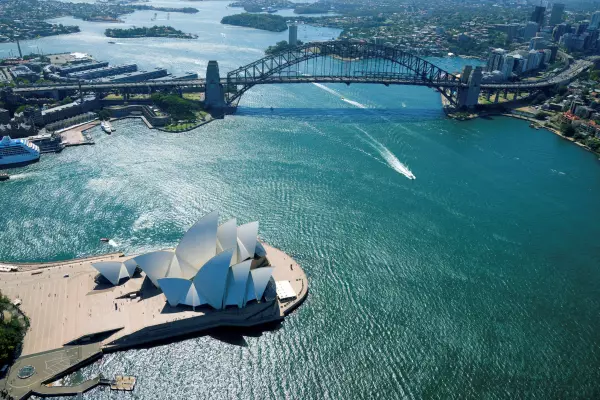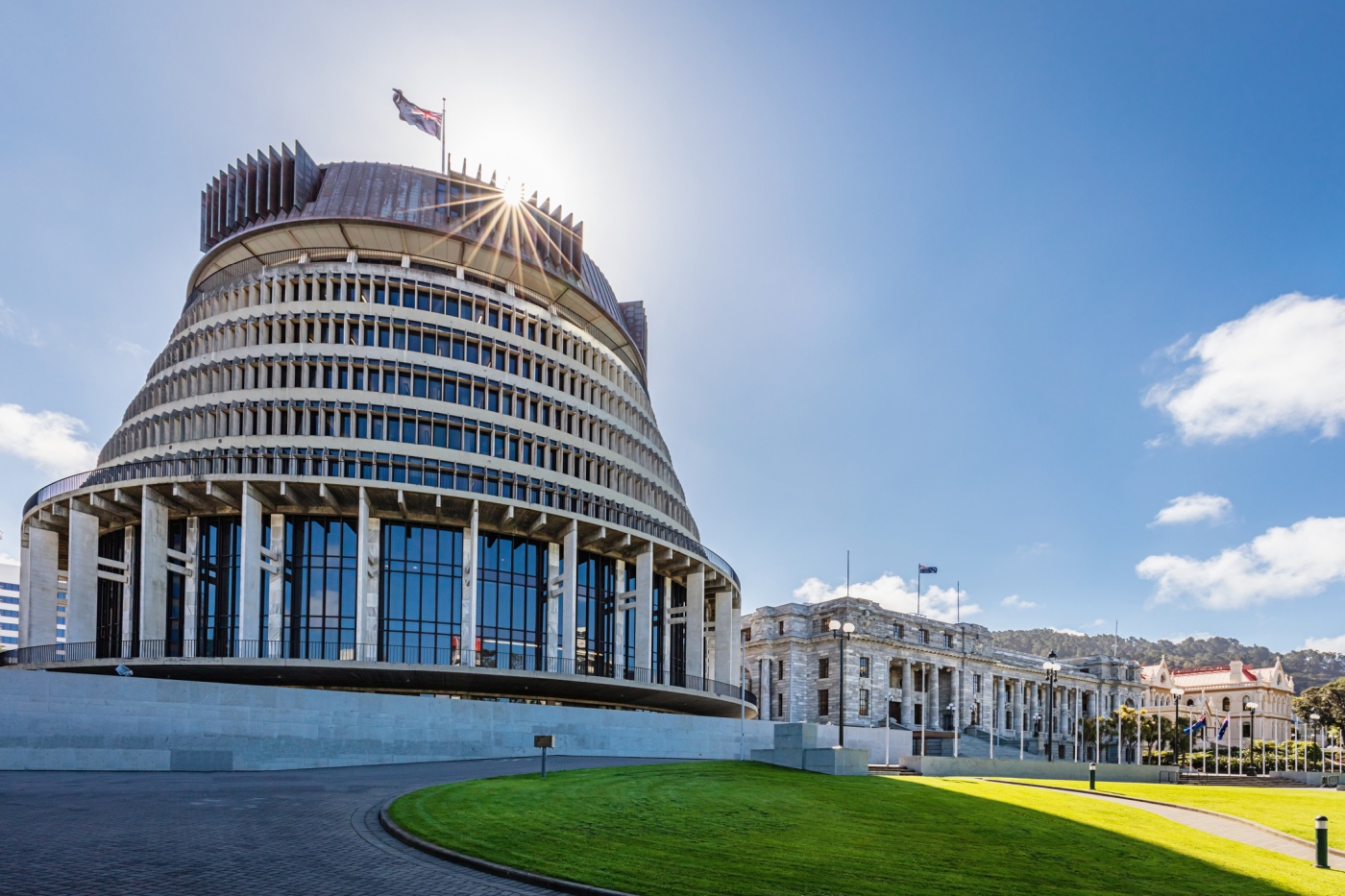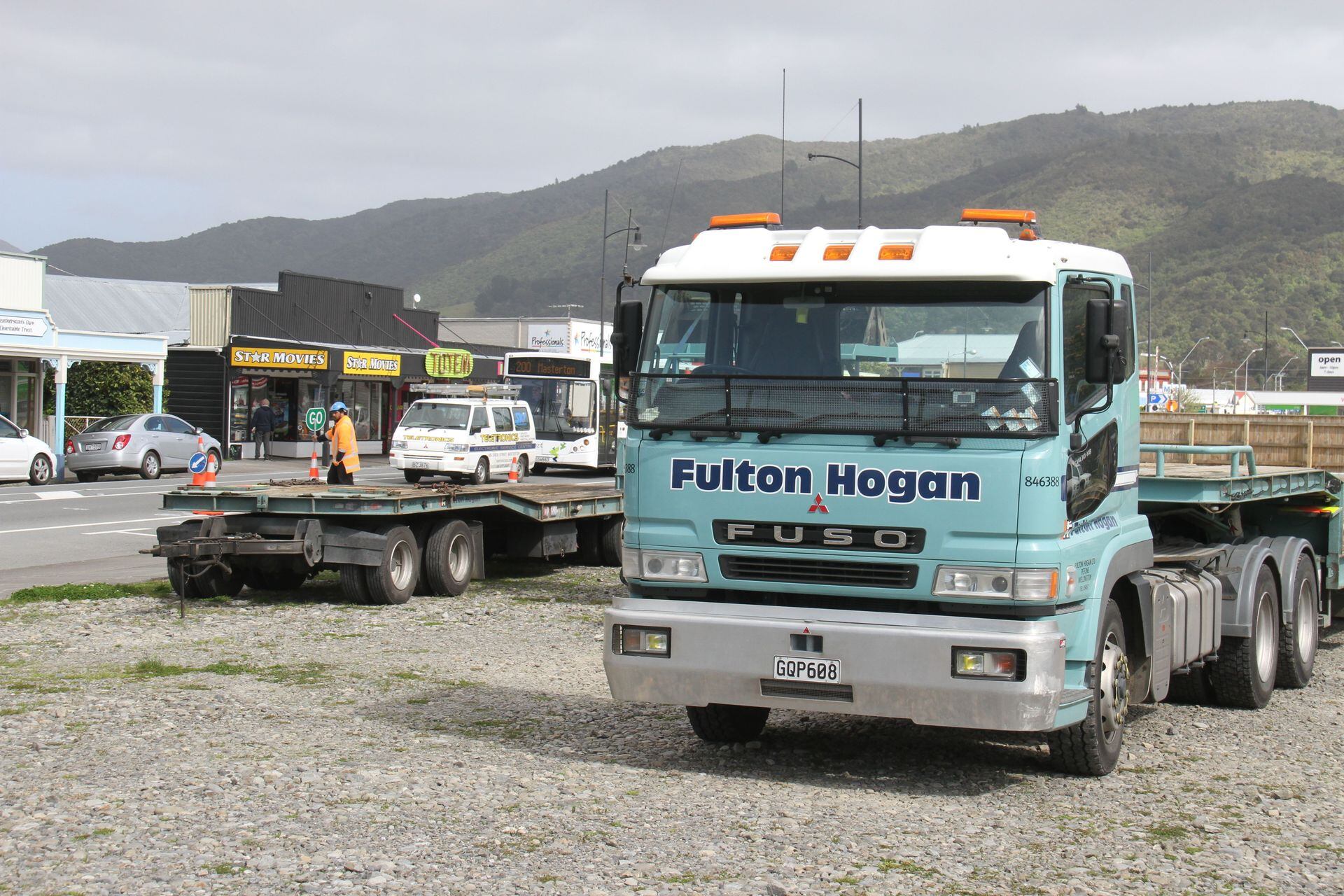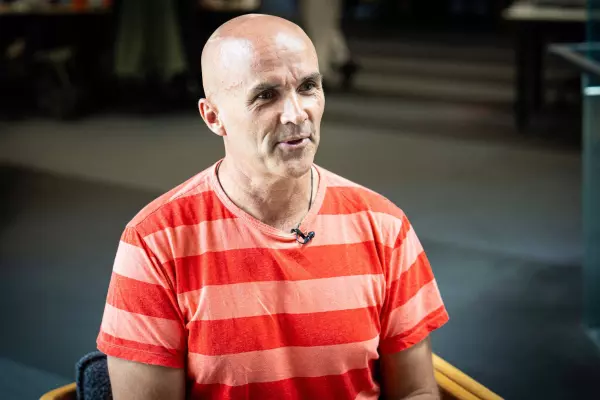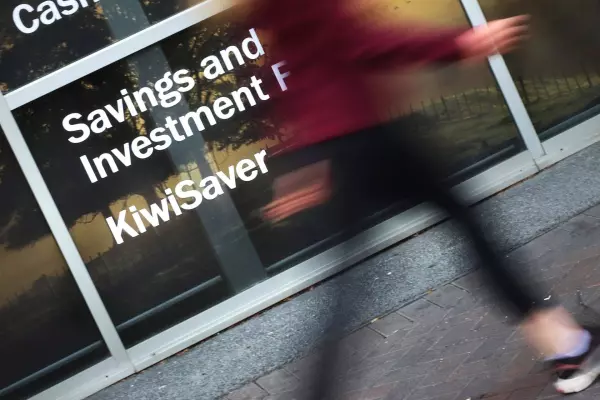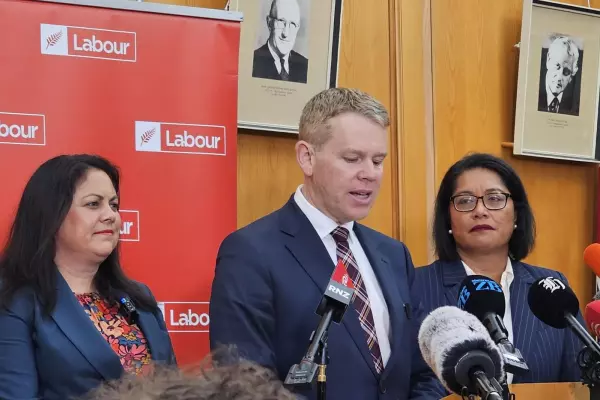There should be a lot of unease over the New Zealand police’s efforts to seize the assets of Ron Salter.
That’s not because he’s an upstanding member of corporate NZ – far from it. His self-acknowledged failures in running an unsafe workplace cost a young man his life. There’s no turning away from that.
But should health and safety breaches – which carry a criminal sanction – lead to the use of some of NZ’s most draconian powers? Probably not.
The Criminal Proceeds (Recovery) Act came into effect in 2009 under then-justice minister Simon Power, but the law was written by his predecessor Mark Burton during the Labour-led government of the 2000s.
At the time, P was the scourge plaguing the land and politicians of red and blue hues were keen to smash the gangs where it hurt – in their wallet.
In fact, if you go back to the dozens of speeches through the law’s three readings, you’d be hard-pressed to find any politician who didn’t zero in on gangs and organised crime.
Pity those doing the drafting didn’t limit it to those groups, because, as Amy Adams pointed out in the final speech: “Although we talk about gangs – and certainly they are a big part of the focus of the legislation – the legislation will target any criminals who are convicted, it will target any criminal gains that are made, and it will allow the police to trace the profits that are made from criminal offending through to wherever those profits might sit.”
A handy tool
For all the big talk, this wasn’t simply about hitting organised criminal syndicates and targeting the higher ups who steer clear of committing low level misdeeds, but rather a widespread expansion of the police toolkit.
That’s not to say the powers haven’t been used to restrain assets linked to organised crime. There are several cases where highly sophisticated operations have had their ill-gotten gains put under lock and key.
There are also a couple of white-collar frauds and international money laundering operations that have attracted the thin blue revenue line.
But as you can probably anticipate, most of the cases that emerge from the high court are fairly low rent drugs cases, with tens, or possibly hundreds, of thousands of dollars involved.
It seems like New Zealand’s bias towards small businesses permeates our black markets too, with police deeming these to be commercial operations.
Take Tony Keen for example. In 2015, police found 15 cannabis plants and six seedlings in his Masterton house, plus 72 grams of dried cannabis, 18 tinnies and some other drug paraphernalia (they returned the $20 note to him).
Keen pleaded guilty to cultivation and possession for the purpose of supply in 2017, and was sentenced to six months community detention and nine months supervision.
Two years later, police imposed profit forfeiture orders, claiming Keen and his partner had pocketed almost $240,000 from their significant criminal activity.
They knocked it down to almost $205,000 when it was pointed out the original figure included what Keen was to have gained from drugs that had been seized, and then accepted they’d made a mistake in their calculations.
Steady on
The judge – Justice Rebecca Ellis – hearing the claim late last year settled on a starting point of about $39,000 for the three years of drug dealing, and ultimately set the recoverable amount at $14,240. Justice Ellis also carved out Keen and his partner’s house, saying they passed the high threshold of the undue hardship, and not just because the significantly-reduced quantum and the seriousness of their offending was greatly in their favour.
Of course, it’s disingenuous of me to single out a case that probably shouldn’t have bothered the courts. But there was a very good reason the NZ Police chose Salter in its land grab.
Are health and safety breaches significant criminal offending?
That’s for Parliament to decide. We’ve already elected governments that have shied away from introducing corporate manslaughter, despite the recommendation from the Royal Commission into the Pike River coal mine for policymakers to consider it.
This would certainly draw a clear line in the sand for law enforcement on what health and safety breaches constitute significant criminal activity.
The law in question defines it as a criminal offence carrying a maximum imprisonment term of five years or more, or a $30,000 threshold for the ill-gotten gains.
Strawman arguments?
Yet we’re letting law enforcement test the boundaries of its powers in much the same way as it did with the 2002 Terrorism Suppression Act, a piece of law so bad former solicitor general David Collins described it as “almost impossible to apply in a coherent manner” when declining to prosecute the Urewera raids in 2007.
This has seen police successfully freeze millions of assets linked to Wayne Doyle of the Head Hunters without any criminal charges attached – although there was an investigation underway at the time in 2017 – and William Yan cutting a deal, handing over almost $43 million, following a trans-national money-laundering inquiry.
Settlements have now become part of the toolkit, with the likes of movie pirate Jaron McIvor handing over millions in cryptocurrency and almost half a million in cash while hanging on to $400,000.
To be fair, that’s not the fault of police. They don’t empower themselves and they do need to work out what they can do and where they need to shy away.
Back in 2007, just the Green and Māori parties opposed the legislation, pointing to the reversal of the burden of proof, the potential double jeopardy, and the twisted incentives created by plea bargaining.
As former Green MP Nandor Tanczos pointed out, the $30,000 threshold and seven-year look back period meant police could target the assets of serious crims pocketing a whopping $80 a week.
It’s up to the lawmakers to ensure we don’t let the police take the mickey. In some cases, they’re already taking the farm.


